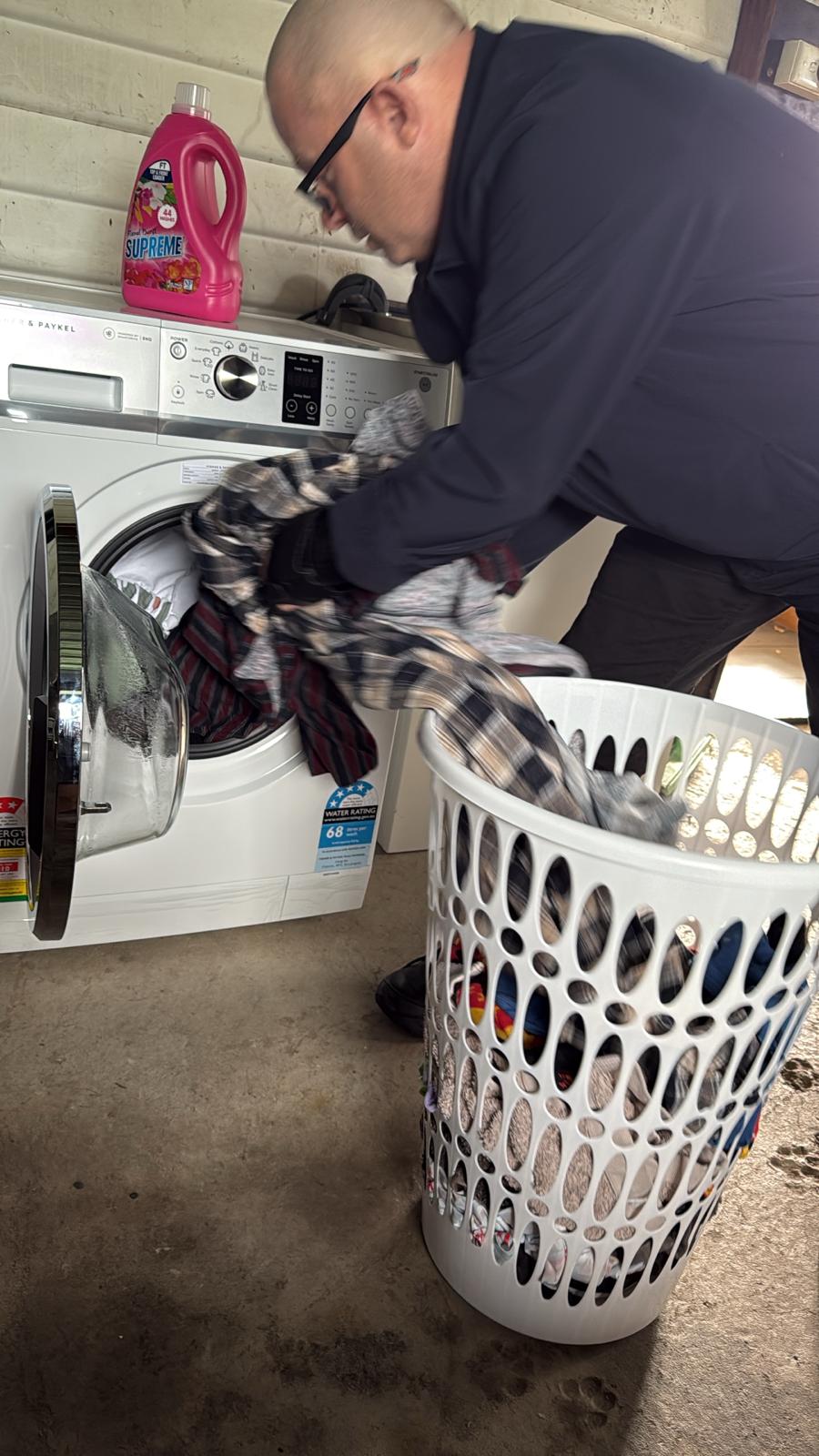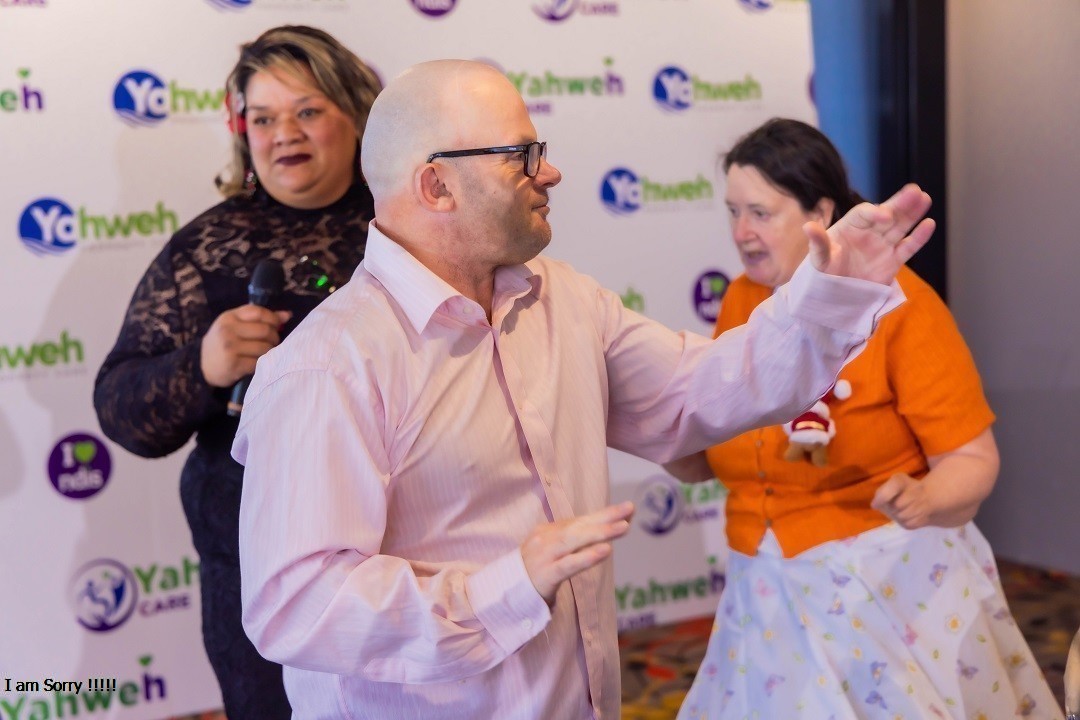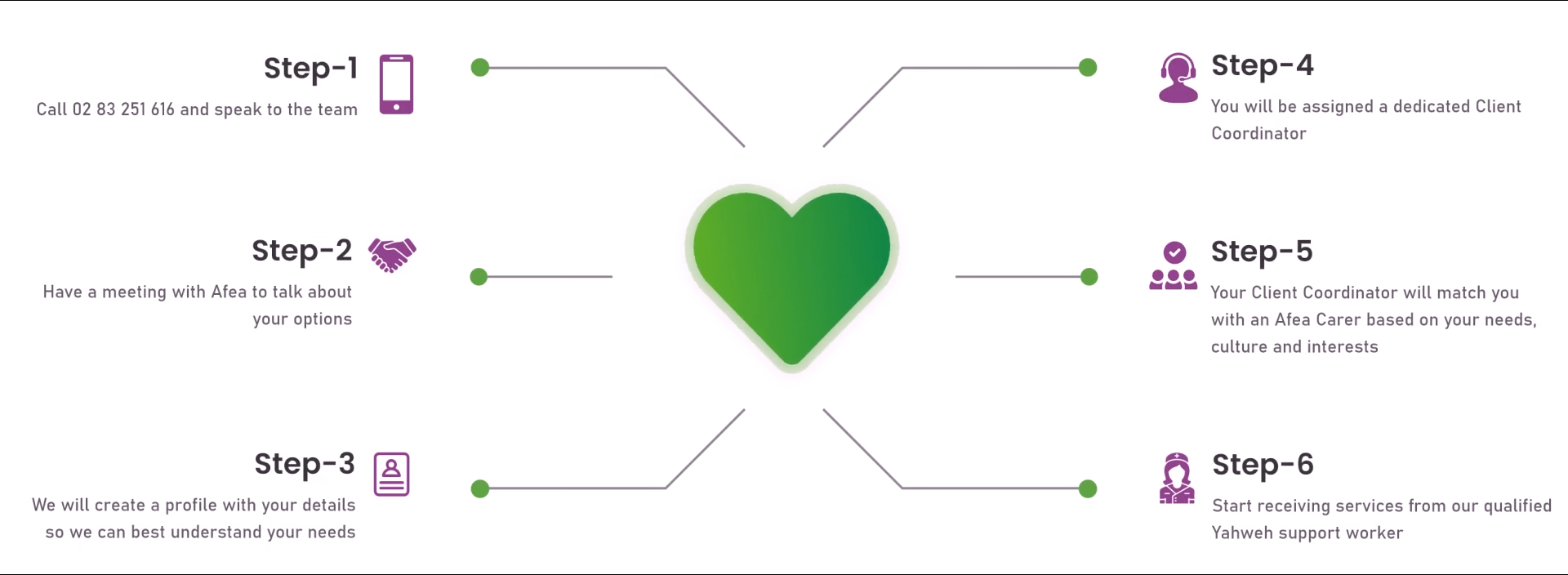SWITCH TO YAHWEH CARE
Providing care and holistic approach to NDIS participants aiming to create opportunities for you to live your best life.
Contact UsMaking the move to Supported Independent Living (SIL) can feel like a big step. If you’re supporting a loved one through this change, you probably have questions, concerns, and maybe a bit of anxiety. Obviously, that’s normal.
This guide will walk you through how to support them effectively while making the process less stressful for both of you.

Before anything else, make sure you’re clear on what Supported Independent Living actually involves. SIL isn’t about placing someone in a facility and walking away. It’s about providing the right level of support so that people living with a disability can live more independently, often in their own home or shared living arrangement.
You’re not removing independence. You’re helping build it with the right support in place.
SIL typically includes:
Transitioning to SIL isn’t just a practical decision; it’s also emotional. Your loved one might feel scared, excited, uncertain, or all three at once. That’s why honest conversations are critical.
Listen carefully. Respect their feelings. Even if you think SIL is clearly the right move, they need to feel involved and heard.
Start talking about it early. Give them time to process the idea. Ask specific questions like, What are their concerns? What kind of support would make you feel safe? Do you want to live alone or with housemates?
These queries are necessary so they can feel comfortable with their decisions.
Once the decision for supported living arrangements is final, it’s tempting to move quickly. But speed can create stress. If possible, take your time. Transitioning smoothly often takes weeks or even months. Yet, the slower approach builds confidence and reduces the fear of change.
To place it, you can start by visiting potential homes together. Then, meet the support staff in advance. It is important that you let your loved one take short stays before moving in fully. Finally, keep housing routines and familiarize them.
Independence isn’t just about where you live. Rather, it’s about what you can do. You can help your loved one build skills they’ll use every day in Supported Independent Living.
Focus on cooking simple meals and managing money, or using a budget. Next, focus on communicating your loved one’s needs clearly so they can get comfortable with daily routines.
Clearly, you don’t have to do this alone. Occupational therapists, support workers, and an NDIS local area coordinator, or NDIS-funded programs, can help you with the process.
It’s natural to want to stay close and keep checking in. You care. However, independence means learning to handle things without constant supervision.
So, step back when safe to do so. Always let them make decisions, even small ones. Also, offer help when asked, not automatically.
Your role is shifting—from doing things for them to supporting them while they do things themselves. That might feel hard at first, but it’s necessary.
Clearly, transitions rarely go perfectly. There might be nights they want to come home. There may be problems with housemates or staff, too. But you don’t have to panic.
Instead, stay calm and supportive. Work with the provider to adjust care if needed. Also, remind your loved one that `the whole process is part of growing.
Every person adjusts at their own pace. Celebrate small wins and stay focused on long-term goals.
Once they’re living in SIL, don’t disappear. But don’t hover, either. In brief, you can check in regularly and make it clear they can reach out anytime.
Use simple check-ins like How was your week? Anything you need help with? How’s your support team? Hence, understand that you want them to live independently, but you’re still present.
At the same time, encourage them to go to staff first when issues come up. This builds trust in their support network and builds confidence in themselves.

The NDIS has specific guidelines around SIL. Therefore, you have to ensure that you understand what’s included in the funding. Then, you need to illustrate what your loved one is entitled to have. Lastly, you have to know how to raise concerns or change providers, just in case.
You can always request an NDIS plan review from the National Disability Insurance Agency if the current supports aren’t meeting their very high support needs. You can choose specialist disability accommodation (SDA) for better living arrangements.
As NDIS participants, don’t hesitate to advocate if something isn’t right.
Even if there are bumps in the road, remember why you started this journey. SIL access gives your loved one the chance to have more control, more choice, and a comfortable life.
Celebrate milestones such as their first week alone. Allow them to enjoy learning a new skill and making new friends.
Also, remember that you played a big role in helping them get there. So, acknowledge the hard work it took for both of you.
Not all supported independent living funding providers are the same. Some offer great care. Others are less reliable. Take the time to do your homework.
Look for a provider with experience supporting people with similar needs. To illustrate, choose the one that offers respectful, person-centered approach, transparent communication. Visit homes. Talk to current residents if possible. Read reviews, but trust your gut too. If something feels off, it probably is.
Ask them how support workers are chosen. How do they handle emergencies? What happens if your loved one is unhappy? With these, you’ll have an idea of what to look for.
Helping a loved one transition into Supported Independent Living is a journey of love, patience, and trust. It’s not always easy, but it’s worth it.
Take your time and communicate honestly. Stay involved—but let them grow.
And above all, remember that SIL isn’t about stepping away. It’s about stepping with them into a more independent, fulfilling future.
So, if you need help in the process, contact Yahweh Care for assistance.
Providing care and holistic approach to NDIS participants aiming to create opportunities for you to live your best life.
Contact Us


